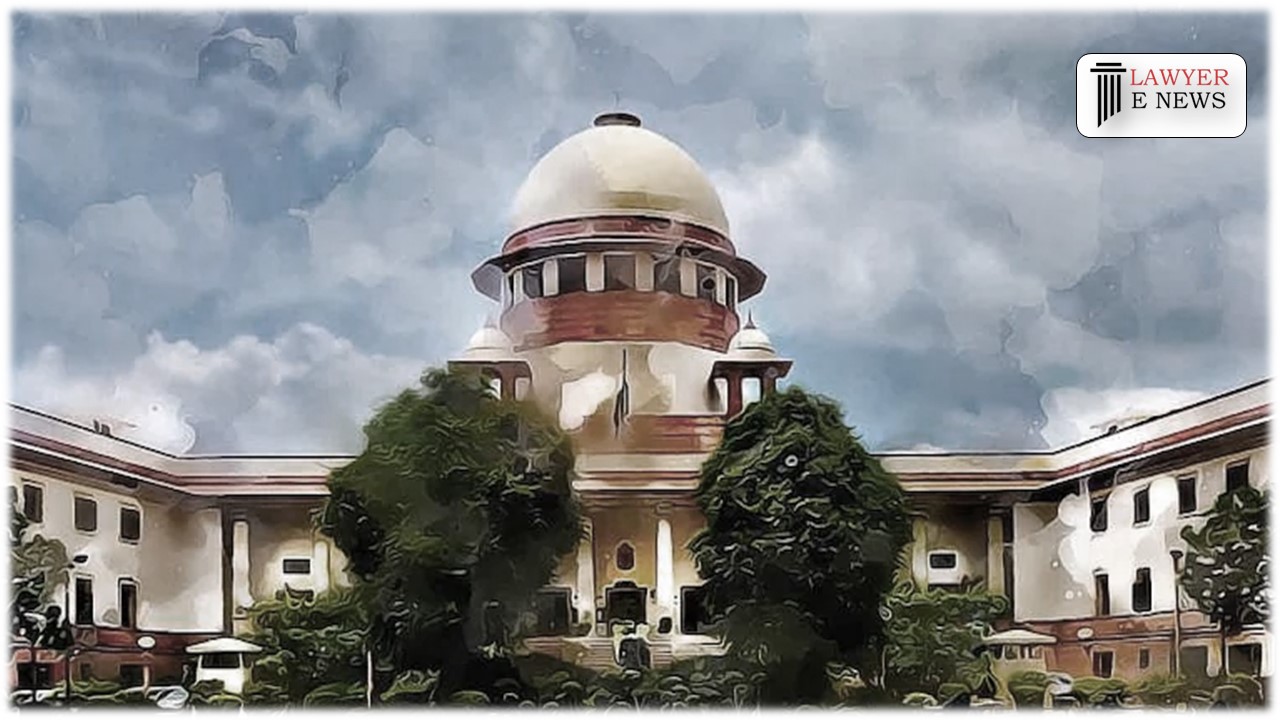-
by sayum
17 February 2026 8:32 AM



In a significant ruling, the Supreme Court of India has upheld the prohibition on re-evaluation of answer sheets in the Delhi Higher Judicial Main Examination. The judgment, passed by a bench comprising Hon’ble Mr. Justice C.T. Ravikumar and Hon’ble Mr. Justice Manoj Misra, addressed the issue of whether re-evaluation could be allowed in exceptional cases, even if not expressly prohibited by rules.
The case in question, Civil Appeal No. Of 2023, arose from a Special Leave Petition (C) No. 3144 OF 2023 filed by the Registrar General, High Court of Delhi, against the respondent, Ravinder Singh. Mr. Singh was a candidate for the Delhi Higher Judicial Main Examination (Written), 2022, and had sought re-evaluation of his answer script for question No.9 of Law Paper-I. His request was turned down by a Committee of six Hon’ble Judges of the High Court.
In the impugned judgment and order dated 13.01.2023, the High Court had directed the respondent’s answer to question No.9 for re-evaluation to be sent to any other examiner. However, the Supreme Court found no merit in the respondent’s claim that there was a “material error” in the evaluation that warranted interference under Article 136 of the Constitution of India.
Referring to Clause XII, Rule 7C of the Appendix to the Delhi Higher Judicial Service Rules, 1970, which expressly prohibits re-evaluation of answer sheets, the Court stated: “The specific case of the appellant herein is that the answer of the respondent to question No.9 of Law Paper-I is wrong in the light of Sections 134(2) of the Trademark Act, 1999. In view of the said position, it can also be said that there is no ‘material error’ requiring a re-evaluation, even if it is taken that despite Clause XII, Rule 7 of DHJS Rules, re-evaluation is permissible.”
The judgment further relied on the precedent set in Ran Vijay Singh V. State of Uttar Pradesh [(2018) 2 SCC 357], which emphasized that re-evaluation cannot be ordered if a statute prohibits it. The Court clarified that re-evaluation may be allowed only in rare and exceptional cases where a material error has been demonstrated without any inferential process of reasoning.
Based on these findings, the Supreme Court set aside the impugned judgment dated 13.01.2023 and dismissed the Writ Petition. The Court held that the prohibition on re-evaluation under the relevant rules remains valid, and there was no ground to interfere with the decision of the Registrar General, High Court of Delhi.
Date of Decision: JULY 11, 2023
REGISTRAR GENERAL, HIGH COURT OF DELHI VS RAVINDER SINGH
